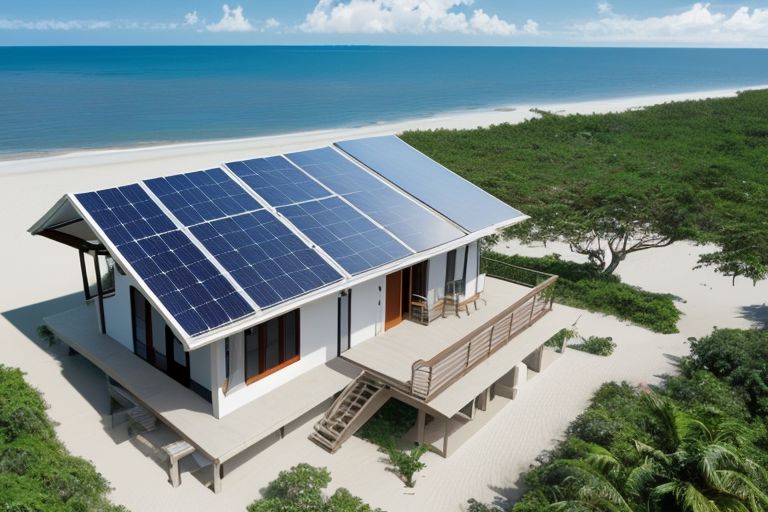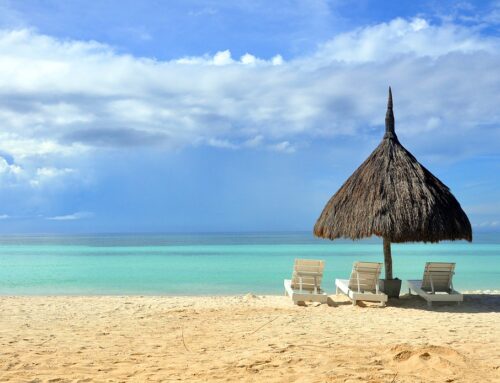
Building a Home in the Philippines on Land You Don’t Own
Imagine waking up to the sound of waves, sunlight streaming through your window, and the scent of plumeria drifting through the air. Life in the Philippines offers beauty, affordability, and cultural richness — a dream for many expats. But when it comes to owning property, there’s a catch: foreigners are restricted from owning land outright.
Don’t let that stop your dream. While direct land ownership isn’t an option, there are creative, legal ways to make your vision of a tropical home a reality.
Understanding the Landscape: What Foreigners Can and Can’t Own
Philippine law prohibits foreign nationals from owning land. This rule is rooted in the country’s constitution and is intended to preserve land ownership for Filipino citizens.
But here’s the good news: while you can’t own the land itself, you can legally own a home or structure built on it — and there are multiple ways to secure long-term use of the land.
Condo Living: A Legal and Popular Option
If building a house isn’t essential, condominium ownership offers a great alternative. Foreigners can own condo units outright, provided that:
-
No more than 40% of the units in the building are foreign-owned.
-
The condo project complies with Philippine Condominium Law.
Condos are especially popular in urban centers like Manila, Cebu, and Davao — perfect for convenience, amenities, and community living.
For the House Builder: Exploring Creative and Legal Solutions
If you’re set on building your own home — a peaceful retreat or beachfront villa — here are options to consider:
-
Long-Term Leases: You can lease land for up to 50 years, renewable for 25 more.This is one of the most common and legally secure ways for foreigners to build a home on Philippine soil.
-
Married to a Filipino Citizen? Land can be legally purchased under your spouse’s name. You may have rights to the house or structure, but not the land itself.
-
Form a Corporation: Foreigners can own up to 40% of a Philippine-registered corporation, which in turn can own land. This route is complex and often better suited for business ventures than personal homeownership.
-
-
Structure your agreements
-
Safeguard your investment
Minors can’t legally enter into contracts or make binding decisions.
Ethical concerns and inheritance disputes may arise later on.Ensure full compliance with Philippine laws
Build on Family-Owned Land: Some expats partner with Filipino family members or in-laws, building on land held in a relative’s name (with a written agreement in place).
Building Your Dream: Legal Paths to Homeownership in the Philippines
Foreign land ownership restrictions in the Philippines can seem like a roadblock — but with the right approach, they don’t have to stop you from building a home. Let’s explore practical and legal alternatives that allow foreigners to build on land they can’t directly own.
1. Long-Term Leases: Build Without Owning
One of the most accessible and legally sound options is entering into a long-term lease agreement.
-
Lease Term: Foreigners can legally lease land for up to 50 years, renewable for another 25 years.
-
Security and Flexibility: You can build and live on the property, provided the lease agreement is properly structured.
Pro Tip: Always work with a real estate lawyer to:
-
Ensure clear terms on lease duration and renewal
-
Protect your rights in case of early termination or ownership transfer
-
Add clauses covering improvements (your house) and rights to remove or sell the structure
2. Building on Spouse-Owned Land: Married to a Filipino?
If your spouse is a Filipino citizen, they can legally own land — and you can build a house on it.
However, this route requires careful legal planning, especially around:
-
Marital property regimes (e.g., conjugal vs. separate)
-
Inheritance laws in case of your spouse’s passing
To minimize risk:
-
Pre-Nuptial Agreement: Clearly define property ownership and inheritance rights before building.
-
Estate Planning: Draft a will and consult a family lawyer to avoid disputes among heirs or future ownership complications.
Important: Even though the house may be yours, the land remains under your spouse’s name unless otherwise structured.
3. Forming a Corporation: Business Route to Property Use
Another viable option is setting up a Philippine-registered corporation.
-
Foreigners can own up to 40% of the corporation, while 60% must be Filipino-owned.
-
The corporation, not you personally, will hold legal title to the land.
This approach is ideal for:
-
Business ventures
-
Retirement developments
-
Joint property investments
Caution: This method involves extensive setup, strict compliance, and ongoing documentation. Hire a corporate lawyer with real estate experience to ensure legality and protect your stake.
4. Building on Land Owned by a Filipino Child (Use Extreme Caution)
Some expats consider acquiring land in the name of a Filipino child (by birth or adoption). This is legally sensitive and potentially risky
-
Cornerstones for Success: What to Keep in Mind
-

















